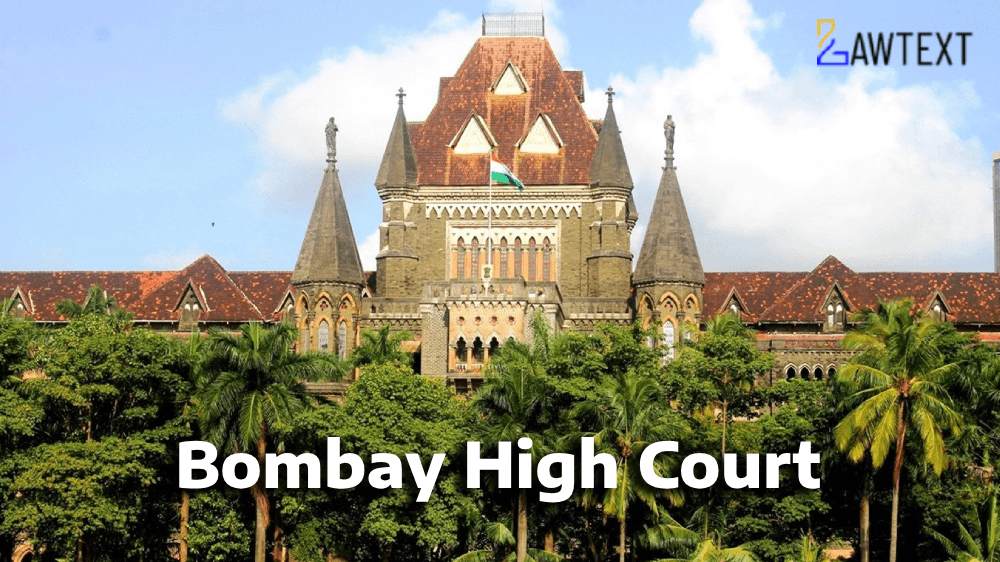

The Bombay High Court dismissed the petitions filed by ex-promoters and directors Anil Govind Ganu and Ashwini Anil Ganu, challenging the denial of gratuity by the Controlling Authority and Appellate Authority. The petitioners claimed to have been employees of the company and sought gratuity based on their tenure and last drawn salaries. However, both lower authorities and the High Court ruled that the petitioners, being in full control of the company as directors, did not meet the definition of 'employee' under the Payment of Gratuity Act.
The petitioners, Anil Govind Ganu and Ashwini Anil Ganu, filed writ petitions challenging the decisions of the Controlling Authority and Appellate Authority that rejected their claims for gratuity from Innovative Technomics Pvt. Ltd. The court proceedings were led by Senior Advocate Kiran Bapat for the petitioners and Advocate Prashant P. Kshirsagar for the respondents.
Anil Govind Ganu and Ashwini Anil Ganu, who were the founders and directors of Innovative Technomics Pvt. Ltd., claimed to have worked as employees of the company and sought gratuity based on their service tenures and last drawn salaries. After resigning following the sale of their shares in the company, they demanded gratuity, which was denied by the company.
The court analyzed the definitions of 'employee' and 'wages' under the Payment of Gratuity Act and found that the petitioners, as directors controlling the company, did not meet the criteria to be considered employees. The court noted that salary slips provided by the petitioners were insufficient to prove their claims, especially in the absence of other supporting documents.
The Bombay High Court upheld the decisions of the Controlling Authority and the Appellate Authority, dismissing the petitions. The court ruled that the petitioners were not entitled to gratuity as they did not fit the legal definition of 'employee' under the Payment of Gratuity Act, 1972.
The judgment reiterates the distinction between a director’s role as an employer and that of an employee, setting a precedent for similar cases involving claims for gratuity by company directors.
Citation: 2024 LawText (BOM) (8) 205
Case Number: WRIT PETITION NO. 160 OF 2024 ALONGWITH WRIT PETITION NO. 161 OF 2024
Date of Decision: 2024-08-20
Case Title: Anil Govind Ganu Versus Innovative Technomics Pvt. Ltd. And Ors.
Before Judge: SANDEEP V. MARNE, J.
Advocate(s): Mr. Kiran Bapat, Senior Advocate i/by. Mr. Gaurav Gawande and with Mr. J.M. Joshi, for the Petitioner. Mr. Prashant P. Kshirsagar a/w. Mr. Aniruddha M. Sanap, i/by. Sarvadnya Legal Associate, for the Respondents.
Appellant: Anil Govind Ganu
Respondent: Innovative Technomics Pvt. Ltd. And Ors.